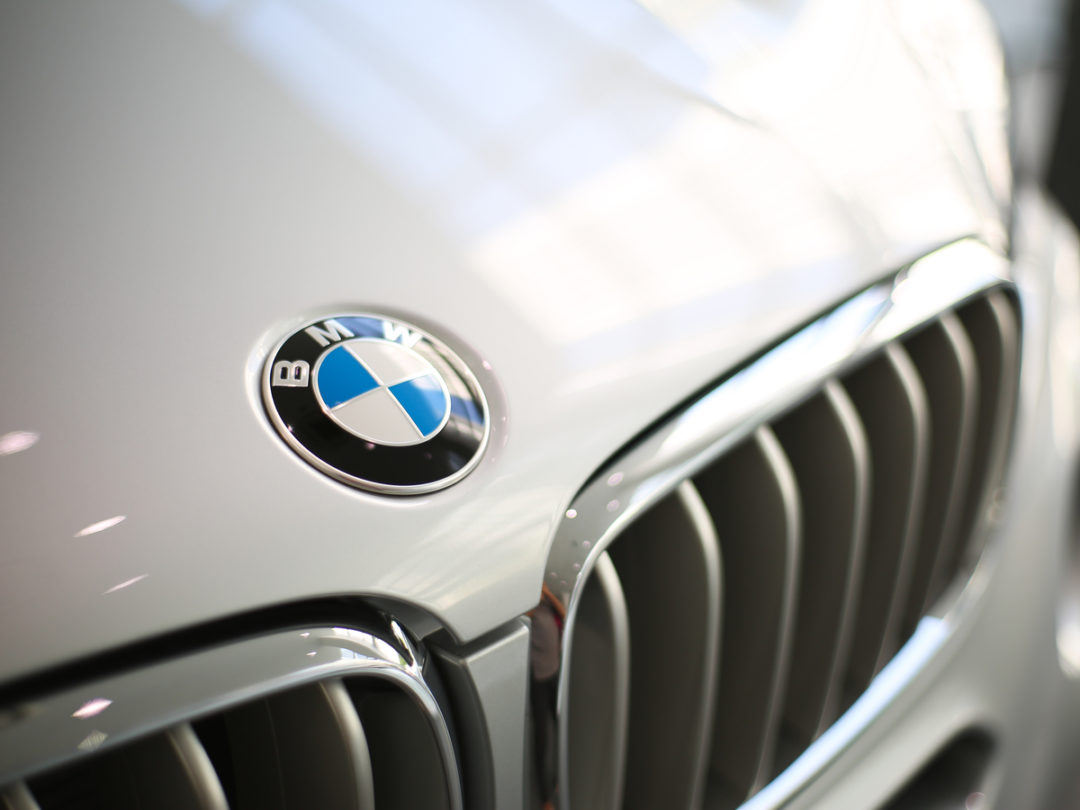
Visit Our Sponsors |
|
|
|
|
|
|
|
|
|
|
|
|
|
|
|
|
|
|
|
|
|
|
|
|
|
|
|
|
|
|
|
|
|
|
|
|
|
|
|
|
|
|
|
|
|
|
|
|
|
|
|
|
|
|
|
|
|
|
|

BMW AG and Volkswagen AG are facing up to difficult cost cuts needed to fund the unprecedented transition to electrifying their fleets.
BMW shares sank on Wednesday, dragging down its peers, after the luxury carmaker said it will embark on a 12bn-euro ($14bn) efficiency drive to pay for future battery-powered cars. Trade wars and an industry slowdown are sapping the profit margins essential to funding the shift, the company said.
Separately, Volkswagen AG’s top labor leader demanded 10-year job guarantees and other concessions before the German automaker’s powerful unions agree to go along with aggressive cost-cutting plans of Chief Executive Officer Herbert Diess.
The move away from combustion carmaking methods is challenging all traditional carmakers, but is a particular hurdle for Germany, where the shift is stoking uncertainty in an industry that’s the backbone of the economy. Electric cars have fewer parts and don’t require as many workers, and many new jobs available require digital skills that most factory workers lack. New, deep-pocketed competitors like Alphabet Inc.’s Waymo are adding to the pressure with an advantage in areas like software development likely to determine winners and losers.
“I’m convinced we must modernize ourselves much faster,” Diess told some 20,000 workers gathered at a town-hall meeting at Volkswagen’s sprawling plant in Wolfsburg, Germany. “It’s not a done deal that we manage the transformation.”
The 60-year-old CEO, who took over the top job last April, is pushing to deepen VW’s 2016 agreement with workers to reduce the workforce by 30,000 positions. He sought to minimize his differences with labor boss Bernd Osterloh, who took the stage before him in Wolfsburg. While they argue, they ultimately often pursue the same goals to make VW — the world’s largest automaker — a stronger company, Diess said.
Diess said he just returned from a U.S. trip to visit Seattle-based Amazon.com Inc., where he concluded that Germany isn’t well-enough prepared to face the challenges posed by new rivals in the U.S. and China.
“I’m worried about that,” Diess said. “We don’t want to be hardware providers for Google and Apple,” or trail behind Tesla Inc. and Byton Ltd. in China.
At BMW, pretax profit is expected to decline by more than 10 percent this year. The company, second to Daimler AG among global luxury carmakers, is responding by stepping up its savings drive with plans to cull models, reduce development times by as much as one third and hold the workforce steady this year.
Shares of BMW fell as much as 5.9 percent, the most since September, and were down 5 percent to 71.92 euros as of 3:06 p.m. in Frankfurt. VW shares were off 2.9 percent, while Daimler was down 2.2 percent.
BMW’s weak outlook is a “troublesome” sign for the sector after the carmaker looked better-placed than competitors with a number of strong new models and the luxury-car market in China holding up, Sanford C. Bernstein analyst Max Warburton wrote in a note. “This warning will inevitably increase worries about weaker names in the sector.”
Other carmakers are responding to the same stresses. Volkswagen is cutting as many as 7,000 more jobs, it said last week, while its Audi brand is scaling back management for savings and faster decision-making. (Audi’s also in talks with unions to determine the overall scope of job reductions beyond weeding out management ranks.) Mercedes Benz-parent Daimler vowed comprehensive cost-cutting measures last month, and PSA Group’s Opel division said Wednesday that it had reach an accord with its works council on 2,000 early retirements at its plant in Ruesselshim, Germany.
In addition to thinning ranks, carmakers are also looking to each other for savings. BMW and Daimler have pushed aside rivalries to joined forces in sharing and autonomous cars. They’re also studying a deeper cooperation on key components in conventional vehicles, people familiar with the matter said in December. VW has been in talks with Ford Motor Co. to team up on e-cars and autonomous vehicles.
Before cutting more jobs Volkswagen, Osterloh said management should first resolve problems like the costly delays of vehicle projects, and analyze mistakes made related to the stricter WLTP emission tests that also hurt profit to prevent them from happening again.
“This workforce has proved once again in 2018 that it delivers when it’s getting difficult,” Osterloh said. “Now you must finally deliver as well,” he told management.
RELATED CONTENT
RELATED VIDEOS
Timely, incisive articles delivered directly to your inbox.


